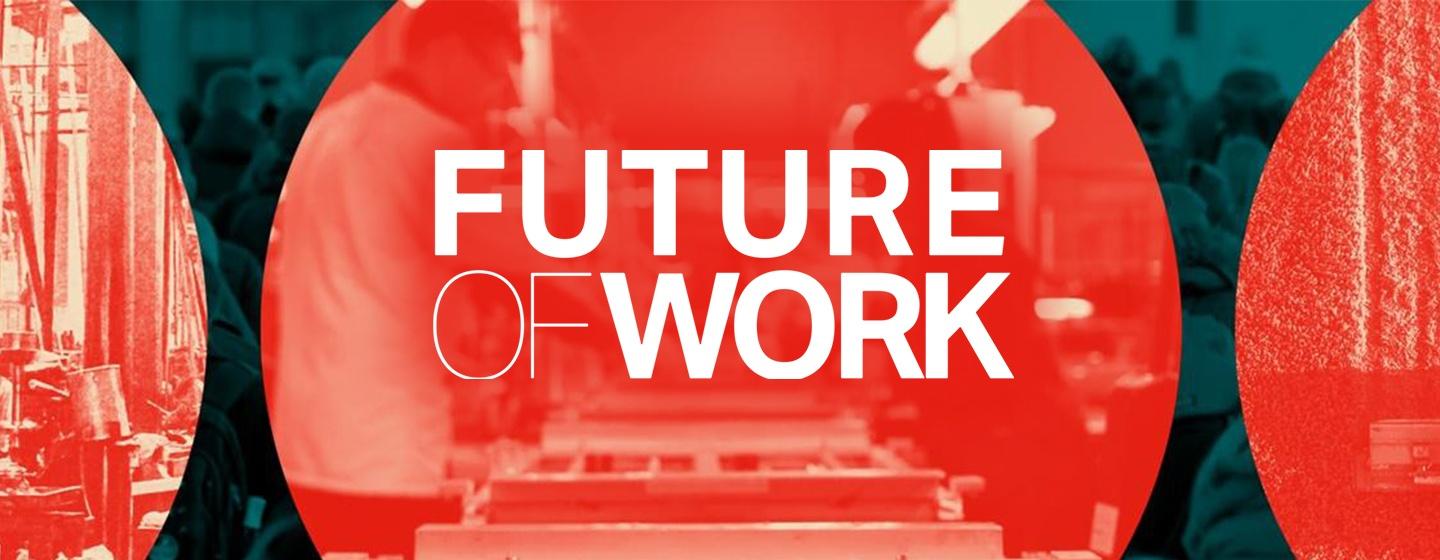The Future of Work


With U.S. unemployment sky-high, a majority of Americans are concerned about the future.
In addition to illuminating the ongoing drivers for disruptions to the world of work – AI, robotics, platform technology, globalization, labor practices – the pandemic has been a driver of change. Unemployment flipped from lowest in 50 years to highest in a century.
Airdates:
Frontline and service workers have borne the health consequences of the pandemic, increasing racial and economic disparities. Certain robotic and AI applications are accelerating as the value of human workers is further questioned. Determining the likely areas of job growth and training needs is difficult. Postsecondary education has become more virtual and its costs, more controversial.
Airdates:
Companies rethink the need to even have offices, and the traditional 40-hour workweek is losing relevance. Many companies are adopting the remote work models, spawned by the pandemic, as their new normal. The sense of precariousness and fear increases for many. Does the nation need new policies of Guaranteed Basic Income, (UBI) or a drastic rethinking of the social safety nets?
Airdates:
Meet six early-career adults as they navigate the rapidly changing U.S. work landscape.
Courtney is one of approximately 13 million Americans that works two jobs.
Jake 28, from Los Angeles, CA lives, works and sleeps in his Honda sedan.
Digital Nomads Annette & Daniel can work anywhere in the internet-connected world.
Rob Abasolo quit his 9-5 job at a successful ad agency to build tiny homes.